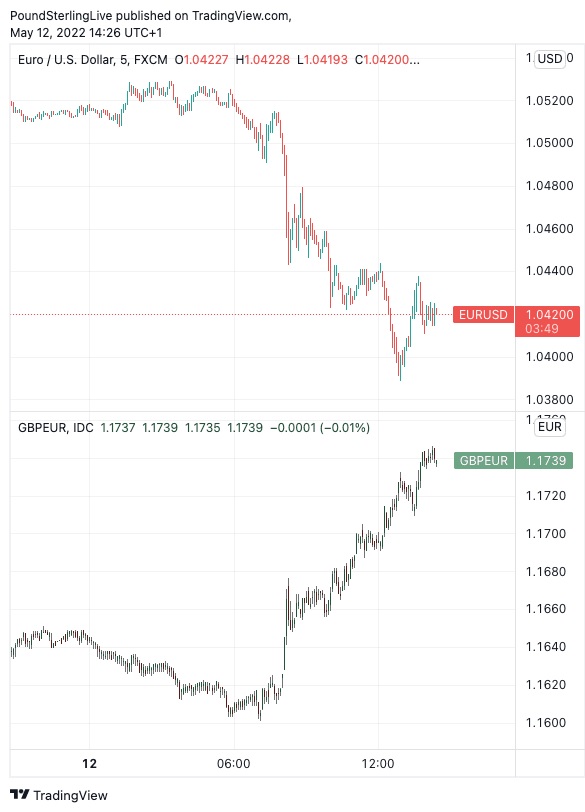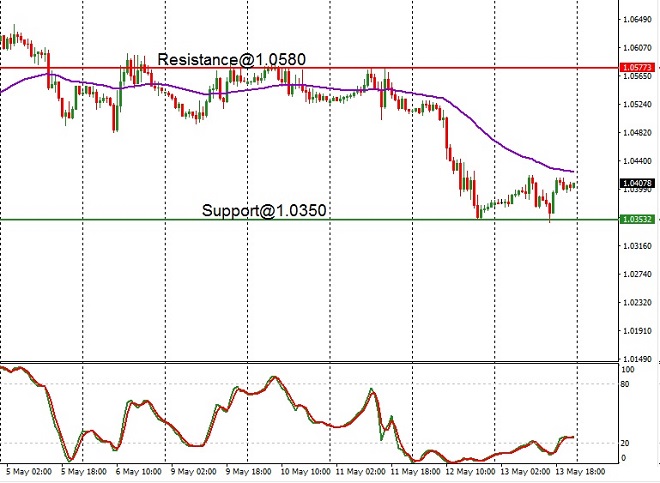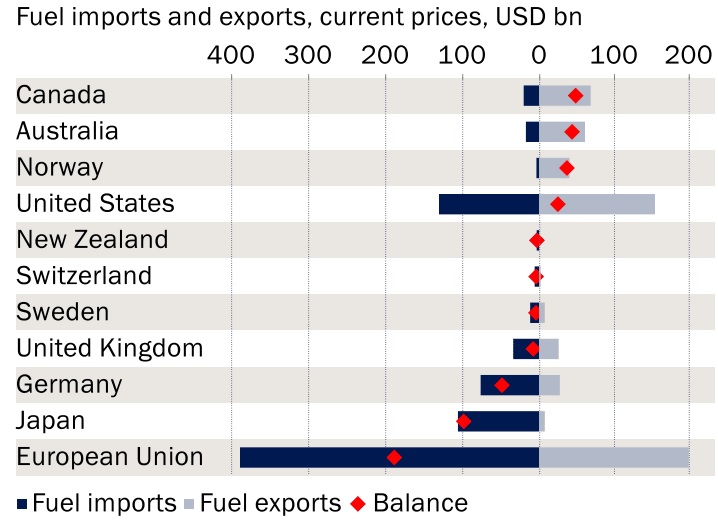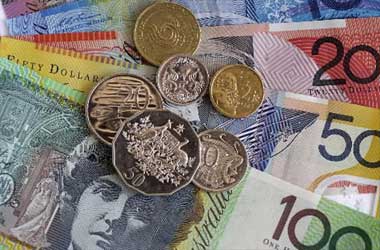 The Eurodollar continued its downtrend last week against the backdrop of another sharp rise in natural gas prices, aided by reports of Russia initiating new steps to turn off the taps to Europe. The Eurodollar declined fell to its major support against the greenback, but other major currencies such as the pound also tumbled.
The Eurodollar continued its downtrend last week against the backdrop of another sharp rise in natural gas prices, aided by reports of Russia initiating new steps to turn off the taps to Europe. The Eurodollar declined fell to its major support against the greenback, but other major currencies such as the pound also tumbled.
The sharp euro losses were mainly due to bizarre factors. The prices of natural gas jumped last week after news reports indicated that Russia is applying sanctions on energy firms, particularly a major Polish pipeline operator, raising worries of a further supply squeeze.
Specifically, Russia has sanctioned EuRoPol GAZ SA, which owns and operates the Polish side of the Yamal-Europe gas pipeline. Russia also announced sanctions on divisions of Gazprom Germania and dozens of several enterprises operating in countries that have implemented sanctions on Russia as retaliation to its unwarranted attack on Ukraine.
Furthermore, the Russian government has also issued a blanket ban on 31 enterprises on May 11, prohibiting them from carrying out any deals or even entering Russian ports. Gas prices skyrocketed and markets traded deep in red, with Germany’s DAX plunging over 2%.
The EUR/USD exchange rate plunged 0.75% to change hands at 1.0436.
Kit Juckes, FX Strategist at Société Générale opined that
“The bottom line is that we are unable to precisely price the peril of an interruption to Europe’s gas supplies; however, should such an interruption occur, the chance of EUR/USD cracking parity would be considerable. Because of this, the natural temptation to begin establishing a major stake in euros is suppressed.”
The GBP/EUR exchange rate increased 0.80% to 1.1725, reaffirming that markets perceive the UK getting closer to Europe’s energy issues. There were also reports of disruption of Russian gas flow through a major pipeline to the Europe via Ukraine, mainly due to diversion tactics by Russian forces, as per the gas line operator in Ukraine.
Starting at 7am on Wednesday, gas supply got disrupted at the Sokhranivka point, via a third of Russian gas that moves along the Ukraine channel, as per Ukraine’s Gas Transmission System Operator (GTSOU). The operator has clarified that the loss of control of instruments in Russia occupied zone triggered the problem.
Economist Claudio Wewel at Safra Sarasin stated “Due to the fact that the economy of the eurozone being strongly reliant on Russian gas and oil, we anticipate that the euro will be the G10 currency that will be most negatively impacted by the conflict in Ukraine.”
Even though the UK gas prices are surging there are reports that the UK has never before seen surplus of liquefied natural gas, which gets delivered from Middle-East and the US.
The LNG is delivered to the ports in the UK in liquid form. It is converted into gas and then shipped to Europe through inter-linked pipelines. Because of this, UK gas supplies for distribution the next day have dropped to levels not seen since before the energy crisis at some point in the week that ended, ahead of the announcement that Russia would be hit with further restrictions.

Additionally, The Times has reported that the demand for gas has decreased in Britain due to warm weather. There is also a dearth of pipeline capacity to deliver gas to Europe. LNG cargoes continue to arrive at British ports with the intention of delivering them through the national network and to Europe through subsea pipelines.
Analysts at Stifel told The Times said that
“The pace of LNG imports has outpaced the capabilities of the interconnector piping systems used to export gas, which has led to a disparity in gas supply and demand in the UK. This imbalance is made worse by the fact that the UK does not have a significant amount of gas storage space in comparison to other European countries that are users of gas.”

The future gas prices in the UK fell to roughly 40p a therm at the beginning of last week, a decrease from over 500p a therm recorded in March. On the contrary, prices in the Europe stood high at the start of last week at over 200p a therm.

This scenario is expected to aid the GBP/EUR uptrend as it indicates that the Eurozone inflation levels are yet to be taken seriously by the market, specifically compared with the UK where negative impact has already reached its peak.




